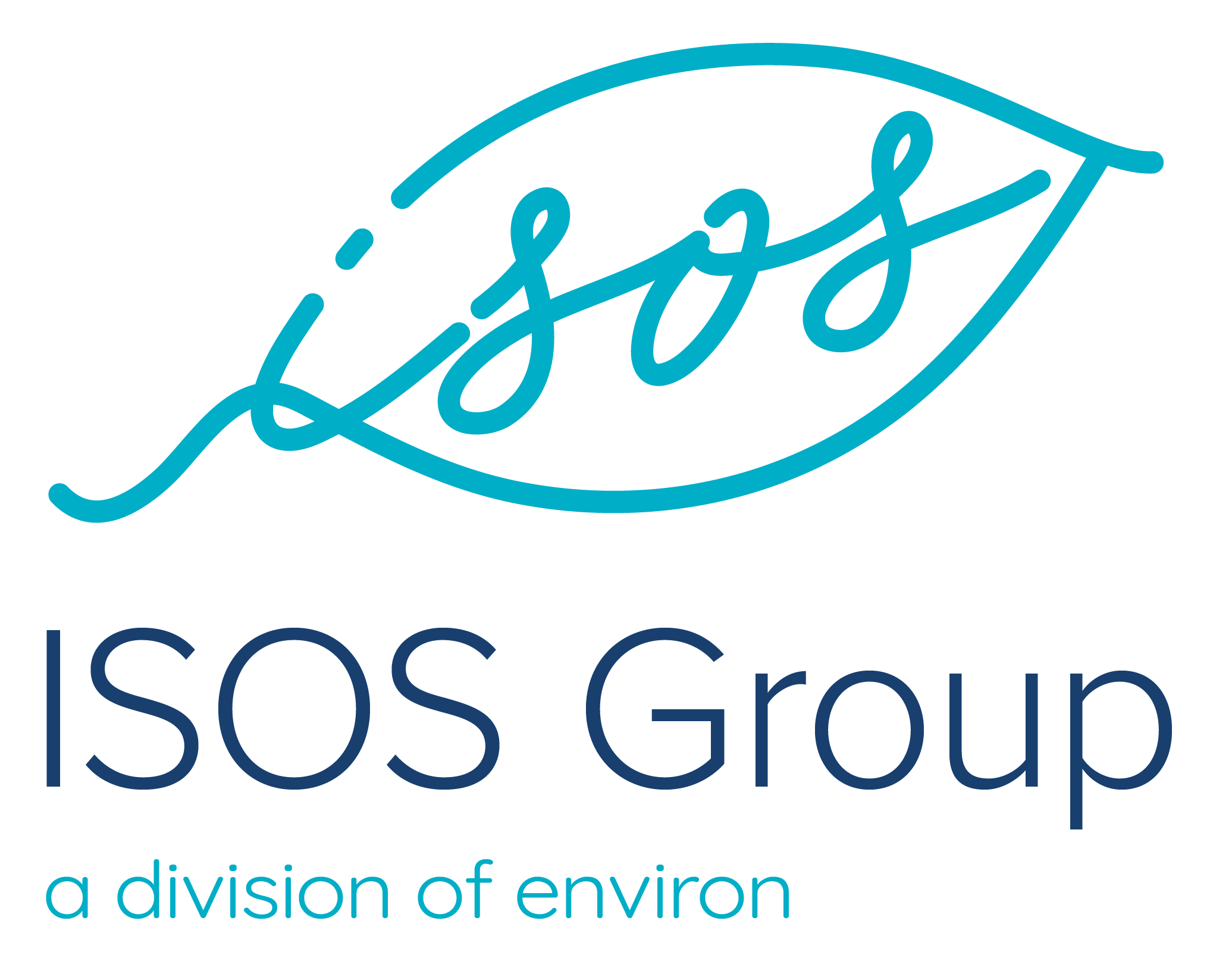For the third installment in our blog series, Navigating CSRD: A Comprehensive Series to Guide Sustainability Professionals, we dive deeper into key technical challenges practitioners may encounter during double materiality assessments (DMAs).
Read MoreIn the second installation of our CSRD series, we cover the key aspects of CSRD compliance which include establishing proper governance structures, conducting double materiality assessments, and developing robust data collection and reporting systems. The implementation process can be complex and time-consuming, requiring collaboration across various departments and potentially taking several months to years depending on the company's size and existing sustainability practices.
Read MoreThe European Union's Corporate Sustainability Reporting Directive (CSRD) is a significant framework for sustainability reporting that impacts EU-based companies and those in their supply chains. This directive presents both challenges and opportunities for companies seeking to comply with its extensive requirements, making it crucial for businesses to understand and prepare for CSRD implementation. We are launching a new CSRD series that will explore the impacts of CSRD and how companies can best prepare for it.
Read MoreCDP has undergone significant changes for the 2024 reporting year, including the integration of climate, water, and forest questionnaires into a single document and alignment with evolving sustainability standards. Despite these changes, responding to CDP's questionnaire remains challenging, requiring organizations to adapt to new data requirements, technology platforms, and timelines. In this blog, we break down our insights from helping clients respond to CDP in 2024.
Read MoreISOS Group reflects on the 2024 assurance season, highlighting the importance of professional development, process enhancement, and regulatory compliance. We emphasize the need for familiarity with standards, thorough documentation, supplier engagement, and robust data management programs to improve sustainability reporting and meet growing regulatory demands.
Read More




